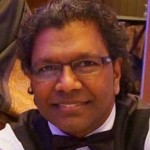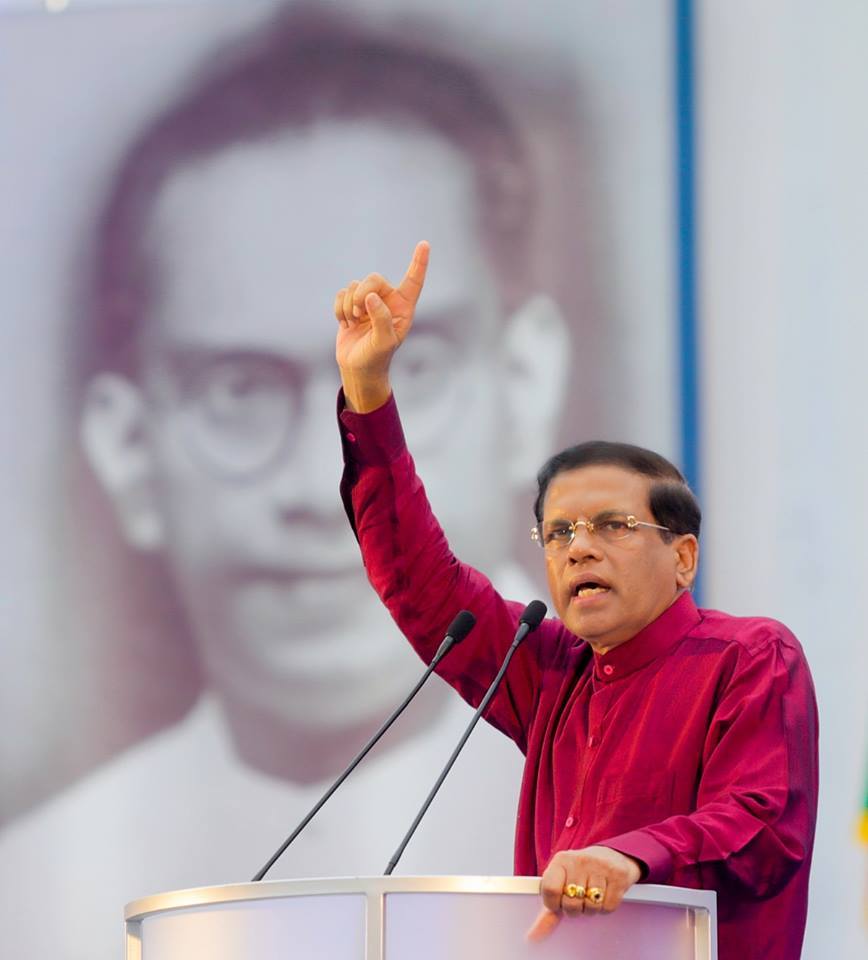Danger Of Desiring Democracy
By Suren Rāghavan –January 8, 2016
 A year had gone since what some named as a silent revolution in Sri Lanka. While obviously it is too soon and flowery to use such name tagging, what happened on the 08th January 2015 was certainly a key transformation to dismantle a deepening dictatorship and desire democracy, non-violently. What is politically more important is that such inverse was achieved crucially because of the determined and decisive support given by structurally marginalized ethnic communities, socially concerned face book generation and very vitally, a moderate Sanga leadership. What is achieved during this year is far less than the aspirations of the peoples who architected it. Fundamental nature of realpolitik has not changed. The anti-corruption and law and order on which, the campaign for change was designed has not reached even the minimum level of satisfaction. Those same political pig heads of the former regime are holding key positions now. Not a single major corruption charges proven or punished yet and the continued violence against the unarmed students and civilians by the police are some reflectors the deep democratic deficiency. Yet in a comparative sense and at least at a rhetorical level the new rule has engaged itself in some level of attempts to reach a newer fact of democratic negotiations. Some slow yet solid steps in post war national reconciliation such as the approach to the UN resolution, land releasing in Jaffna (some occupied by the army over two decades) and accepting the TNA as the national opposition, can be considered as signs of a continued commitment.
A year had gone since what some named as a silent revolution in Sri Lanka. While obviously it is too soon and flowery to use such name tagging, what happened on the 08th January 2015 was certainly a key transformation to dismantle a deepening dictatorship and desire democracy, non-violently. What is politically more important is that such inverse was achieved crucially because of the determined and decisive support given by structurally marginalized ethnic communities, socially concerned face book generation and very vitally, a moderate Sanga leadership. What is achieved during this year is far less than the aspirations of the peoples who architected it. Fundamental nature of realpolitik has not changed. The anti-corruption and law and order on which, the campaign for change was designed has not reached even the minimum level of satisfaction. Those same political pig heads of the former regime are holding key positions now. Not a single major corruption charges proven or punished yet and the continued violence against the unarmed students and civilians by the police are some reflectors the deep democratic deficiency. Yet in a comparative sense and at least at a rhetorical level the new rule has engaged itself in some level of attempts to reach a newer fact of democratic negotiations. Some slow yet solid steps in post war national reconciliation such as the approach to the UN resolution, land releasing in Jaffna (some occupied by the army over two decades) and accepting the TNA as the national opposition, can be considered as signs of a continued commitment.
However the acid test of the Maithri/Ranil rule is at two fundamentally important processes. 1) How it will meet the continuous demand for political autonomy of the minority Tamil nation and of the Muslim community. 2) Immediate economic and Socio-cultural expectations of the majority Sinhalas. These two are at one level mutually interdependent while at another definite centrifugal forces operating in opposite political destinies. The fundamental paradoxical paradigm within which these aspirations start to locate will be the ‘nature of the state structure’ and its post independent political institutionalizing on a premodern notions of State, Ethnicity and Religion (රට, ජාතිය ආගම) within the deepest end of majority Sinhala political psychology. If a genuine democratization process desired by the new rule, it inevitably will have to deal with these historic political archetypes.Read More


